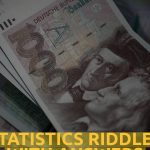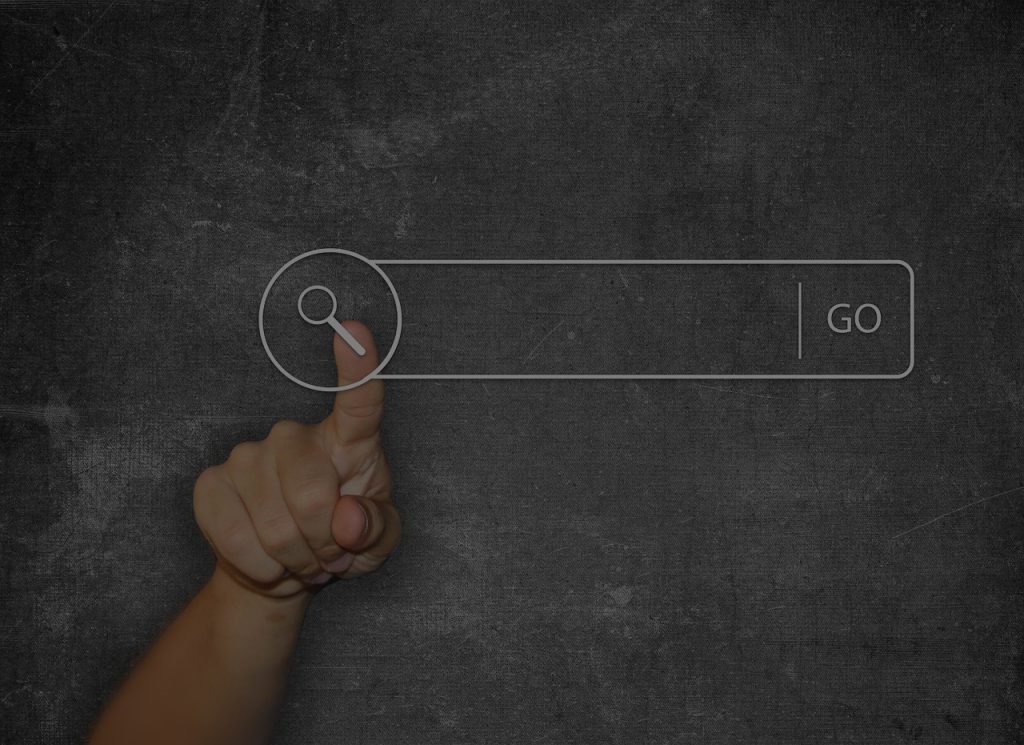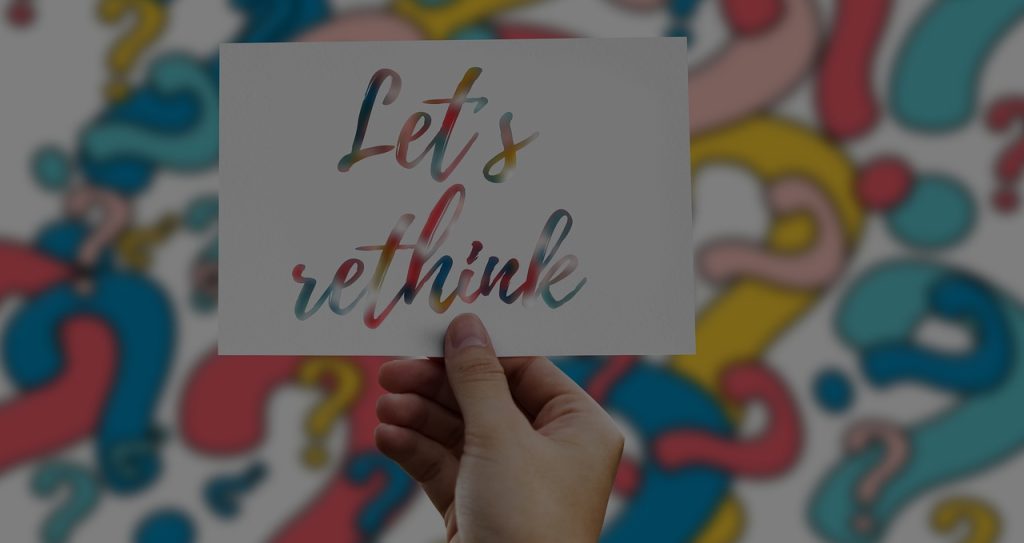Welcome to our latest blog post, where we delve into the intriguing world of combinatorics riddles. If you’re a fan of logic puzzles and enjoy teasing your brain with mathematical challenges, then this is the post for you. Get ready to exercise your problem-solving skills and test your wits with a collection of perplexing combinatorics riddles that will leave you scratching your head in delight. Let’s dive in and explore the fascinating world of combinatorics through the lens of riddles!
Tricky Combinatorics Riddles With Answers
Riddle: What has 6 faces, 12 edges, and 8 vertices?
Answer: Cuboid
Riddle: I am an odd number. Take away one letter, and I become even. What number am I?
Answer: Seven (take away the ‘s’ and it becomes ‘even’)
Riddle: How many seconds are there in a year?
Answer: Twelve – January 2nd, February 2nd, March 2nd…
Riddle: What comes once in a minute, twice in a moment, but never in a thousand years?
Answer: The letter ‘m’
Riddle: Mary’s mother has four children: April, May, and June are three of them. What is the name of the fourth child?
Answer: Mary
Riddle: What is always in front of you but can’t be seen?
Answer: The future
Riddle: I am a number. Add up all my digits – the sum is always the same no matter how you rearrange them. What am I?
Answer: Nine
Riddle: How many ways can you arrange the letters in the word ‘COMBINATORICS’?
Answer: 12 letters, so 12! ways
Riddle: What is the next number in the series: 1, 2, 6, 42…?
Answer: 1806 (each number is the previous number multiplied by the number of letters in its written form)
Riddle: I am a number. Take away one letter and I become even. What number am I?
Answer: Seven
Riddle: How many squares are in a standard 8×8 chessboard?
Answer: 204 (64 small squares, 49 2×2 squares, 9 3×3 squares, 1 4×4 square, 1 8×8 square)
Riddle: I am a number. Add me to myself, and when the sum is divided by 4, the result is me. What number am I?
Answer: 2
Riddle: How many ways can you arrange the digits in the number 12345 without repeats?
Answer: 5! ways
Riddle: I start with an ‘e’, end with an ‘e’, but only contain one letter. What am I?
Answer: Envelope
Riddle: How many triangles are in a standard deck of cards?
Answer: 92 (52 individual cards, 26 pairs of cards, 12 threes of a kind, 2 full house triangles)
Riddle: I am a three-digit number. My hundreds digit is my tens digit squared, and my ones digit is half the sum of my hundreds and tens digits. What number am I?
Answer: 294
Riddle: What is always on its way here but never arrives?
Answer: Tomorrow
Riddle: How many ways can you arrange the letters in the word ‘TRICKY’?
Answer: 6! ways
Riddle: I am a sequence of numbers. What comes next: 1, 11, 21, 1211…?
Answer: 111221 (the next term describes the previous one)
Riddle: How many ways can you arrange the digits in the number 1234567?
Answer: 7! ways
Funny Combinatorics Riddles With Answers
Riddle: Why was the combinatorics book always so hilarious?
Answer: Because it had so many permutations of puns!
Riddle: What did the mathematician say when he found a new way to combine numbers?
Answer: “This really adds up!”
Riddle: Why did the math teacher break up with combinatorics?
Answer: Because it just wasn’t working out!
Riddle: What do combinatorics lovers do for fun?
Answer: They go on counting dates!
Riddle: Why did the combinatorics party get out of control?
Answer: Because too many permutations showed up!
Riddle: How does a combinatorics enthusiast make decisions?
Answer: By using a decision tree!
Riddle: What do you call a combinatorics expert at a comedy show?
Answer: A funny factorian!
Riddle: Why did the combinatorics professor bring a calculator to the comedy club?
Answer: To solve for the square laughs!
Riddle: How does a combinatorics comedian end their set?
Answer: With a factorial punchline!
Riddle: Why was the combinatorics conference so hilarious?
Answer: They really knew how to multiply the laughter!
Riddle: What did the combinatorics student say when asked to solve a funny problem?
Answer: “I’ll factor in the humor!”
Riddle: Why did the combinatorics professor become a comedian?
Answer: He wanted to factor in some laughter into his lectures!
Riddle: How do combinatorics jokes always add up?
Answer: They factor in the right amount of humor!
Riddle: Why did the combinatorics textbook skip the chapter on humor?
Answer: Because it just didn’t compute!
Riddle: What do you call a funny combinatorics puzzle?
Answer: A chuckle permutation!
Riddle: How does a combinatorics comedian get his audience to laugh?
Answer: By using a prime number of jokes!
Riddle: Why did the combinatorics joke go viral?
Answer: Because it was the perfect combination of funny and clever!
Riddle: Why was the combinatorics math club always laughing?
Answer: Because they were constantly finding new ways to calculate humor!
Riddle: What’s a combinatorics enthusiast’s favorite type of joke?
Answer: A pun-net square!
Kids Combinatorics Riddles With Answers
Riddle: I involve the study of different ways to arrange objects. What am I?
Answer: Combinatorics
Riddle: I am a branch of mathematics that deals with counting and combinations. What am I?
Answer: Combinatorics
Riddle: I help in finding the number of possible outcomes in a decision-making process. What am I?
Answer: Combinatorics
Riddle: I make math fun by exploring puzzles and games related to arrangements and selections. What am I?
Answer: Combinatorics
Riddle: I am often used in probability calculations to determine the likelihood of certain events happening. What am I?
Answer: Combinatorics
Riddle: I involve discovering patterns and relationships between different sets of objects. What am I?
Answer: Combinatorics
Riddle: I help in understanding the various ways in which objects can be combined or arranged. What am I?
Answer: Combinatorics
Riddle: I provide methods for calculating permutations and combinations of objects. What am I?
Answer: Combinatorics
Riddle: I involve solving problems related to arranging items in a specific order. What am I?
Answer: Combinatorics
Riddle: I am a key concept in solving puzzles like Sudoku and Rubik’s Cube. What am I?
Answer: Combinatorics
Riddle: I help in understanding the concept of permutations, combinations, and probability in a mathematical context. What am I?
Answer: Combinatorics
Riddle: I am essential in studying the ways in which objects can be selected and grouped together. What am I?
Answer: Combinatorics
Riddle: I involve the study of arrangements, selections, and combinations of objects in mathematics. What am I?
Answer: Combinatorics
Riddle: I am used to solve problems related to arranging baseball teams, seating arrangements, and more. What am I?
Answer: Combinatorics
Riddle: I am a fun way to explore the different possibilities that can arise from arranging objects in a certain order. What am I?
Answer: Combinatorics
Riddle: I help in understanding the concept of permutations and combinations in a visual and interactive way. What am I?
Answer: Combinatorics
Riddle: I am a branch of mathematics that focuses on counting and organizing objects in various ways. What am I?
Answer: Combinatorics
Riddle: I involve exploring the different ways in which objects can be combined and arranged in a systematic manner. What am I?
Answer: Combinatorics
Riddle: I provide methods for solving problems related to arranging letters, numbers, and other objects in different sequences. What am I?
Answer: Combinatorics
Riddle: I am a fun and engaging way to learn about permutations, combinations, and arrangements in mathematics. What am I?
Answer: Combinatorics
Combinatorics Riddles With Answers For Adults
Riddle: What branch of mathematics deals with counting and arranging objects in various ways?Answer: Combinatorics
Riddle: I am a tool used to calculate the number of possible outcomes in a given scenario. What am I?Answer: Permutation calculator
Riddle: What do you call the study of different ways to combine objects without repetition?Answer: Combination theory
Riddle: I involve the study of factors such as order and repetition in the arrangement of objects. What am I?Answer: Permutation theory
Riddle: What is the term for the arrangement of elements in a specific order?Answer: Permutation
Riddle: I can be calculated using factorial notation. What am I?Answer: Permutations
Riddle: I represent the total number of ways to choose a subset of items from a larger set.Answer: Combination number
Riddle: I involve the study of possible arrangements of elements based on a specific criteria. What am I?Answer: Combinatorial analysis
Riddle: What is the term for selecting a group of objects without considering the order?Answer: Combination
Riddle: I play a crucial role in various fields such as computer science, statistics, and cryptography. What am I?Answer: Combinatorial mathematics
Riddle: I focus on calculating the number of ways to select or arrange elements to solve practical problems. What field am I?Answer: Combinatorics
Riddle: I am used to determine the number of ways to choose a specific subset from a larger set of elements. What am I?Answer: Combination formula
Riddle: When I involve the study of counting and organizing elements in different configurations, what branch of mathematics am I associated with?Answer: Combinatorial mathematics
Riddle: I deal with the study of possible ways to arrange and select elements in various scenarios. What am I?Answer: Combinatorial theory
Riddle: I refer to the technique of counting and calculating different configurations of elements. What am I?Answer: Combinatorial counting
Riddle: What term is used for the number of ways to choose k elements out of a set of n elements?Answer: Binomial coefficient
Riddle: I am a key concept in the study of permutations and combinations. What am I?Answer: Factorial notation
Riddle: I involve the study of the total number of possible outcomes when rearranging objects in specific ways. What am I?Answer: Counting principle
Riddle: What is the term for finding the number of ways to select objects without considering their order?Answer: Combination calculation
Riddle: I represent the calculation of the number of ways to order elements in a specific arrangement. What am I?Answer: Permutation formula
In conclusion, combinatorics riddles offer a unique and engaging way to exercise our problem-solving skills and think creatively about the possibilities within a given scenario. By challenging ourselves with these puzzles, we not only improve our mathematical reasoning but also enhance our ability to think critically and strategically. So next time you come across a combinatorics riddle, embrace the challenge and enjoy the process of unraveling its mystery. Happy puzzling!
















